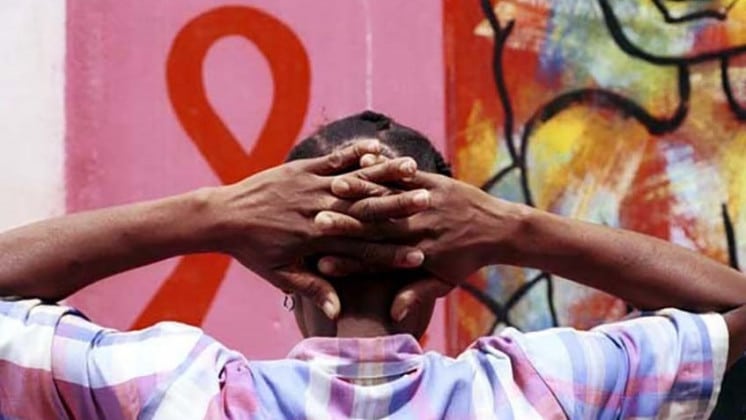Intimate partner violence is a gross violation of human rights and it is a very common form of gender-based violence that a lot of women worldwide experience and it poses a great threat to people living with HIV
Intimate partner violence are behaviors by an intimate partner or ex-partner that cause physical, sexual or psychological harm, including physical aggression, sexual coercion, psychological abuse and controlling behavior
56% of ever married women in Uganda have experienced intimate partner violence and 78.5% of women have experienced at least one type of intimate partner violence. It should be noted that the occurrence of intimate partner violence may be higher than the national estimates as very many cases go un reported.
Intimate partner violence has been significantly associated with lower ART use, with poorer self-reported ART adherence and lower odds of viral load suppression. Intimate partner violence is an influencing factor towards the seeking of HIV care services and retention of HIV positive women in care.
Intimate partner violence is both a risk factor for HIV and a consequence of HIV with women at a risk of experiencing it after HIV infection. HIV status disclosure is normally an initiating factor or an aggravating factor. Women living with HIV usually report its occurrence or its intensity increasing after their partner found out about their HIV status and this goes without saying the enormous amount of physical, sexual and emotional abuse they have to go through.
Women that suffer intimate partner violence are more likely to experience emotional distress, suicidal thoughts. They are also more likely to suffer alcohol abuse, low inconsistent condom use, and co current sex partners which all have a negative impact on ART uptake and seeking of HIV care services. Fear of violence influences whether some women seek HIV services
It is thus important to address, bring awareness and also focus on the social and structural context of women’s lives so as to maximize the benefits of HIV prevention, treatment, and care so as to reduce the burden of HIV among women.
The author is Nakyomu Damalie, a BSc midwife working with Reachout Mbuya Community Initiative.
If you would like your article/opinion to be published on Uganda’s most authoritative news platform, send your submission on: [email protected]. You can also follow DailyExpress on WhatsApp and on Twitter (X) for realtime updates.



